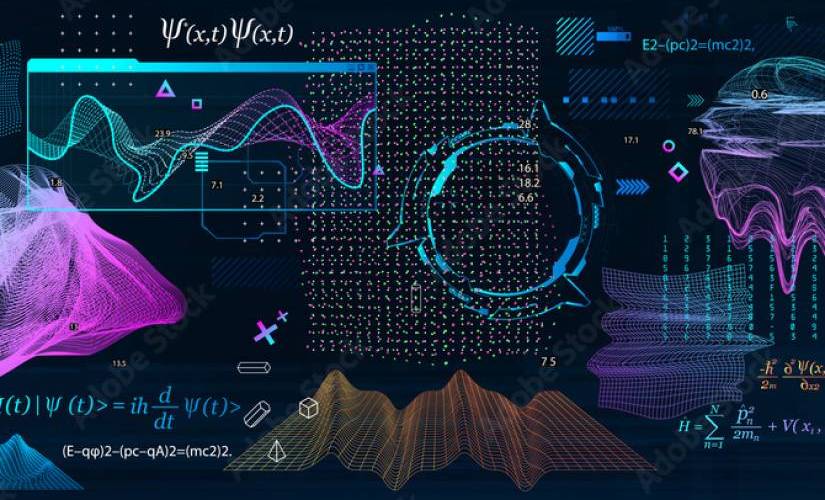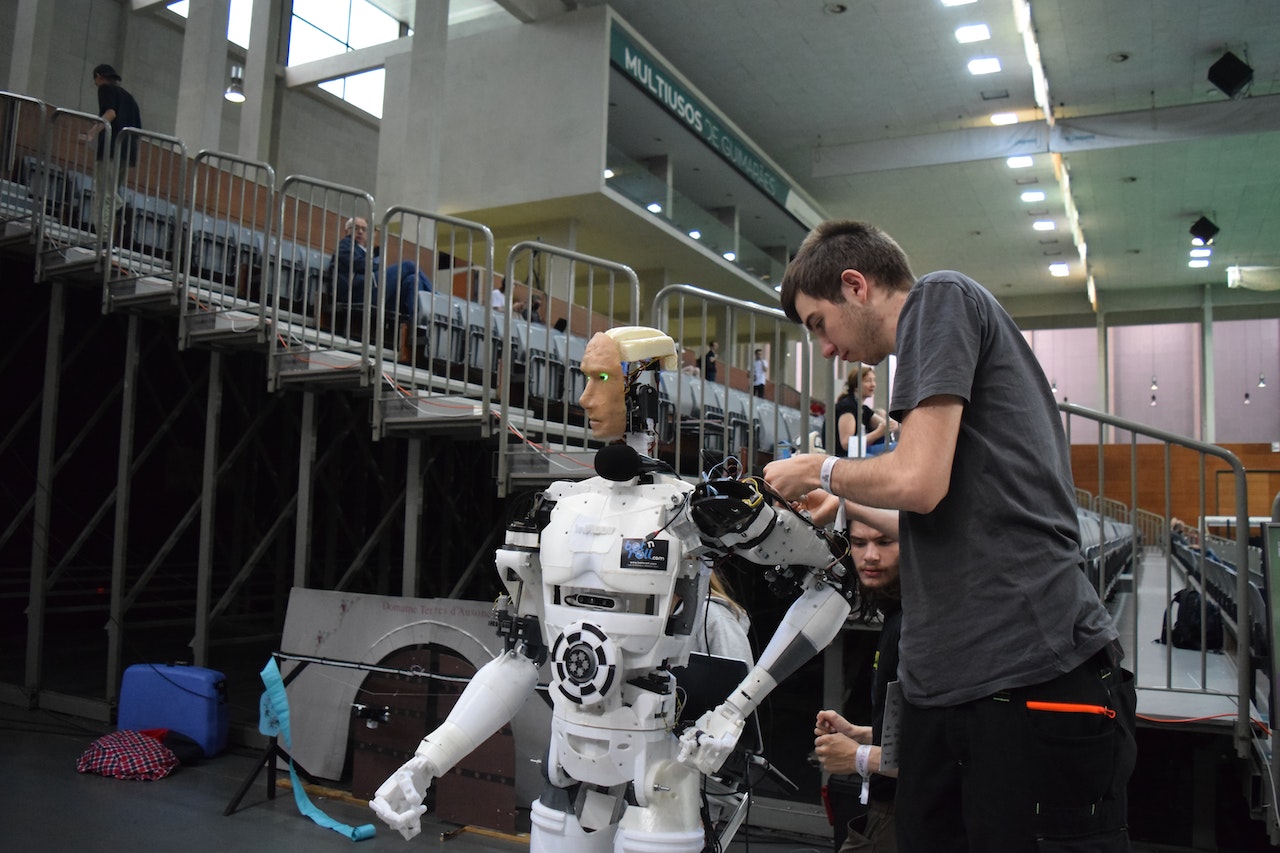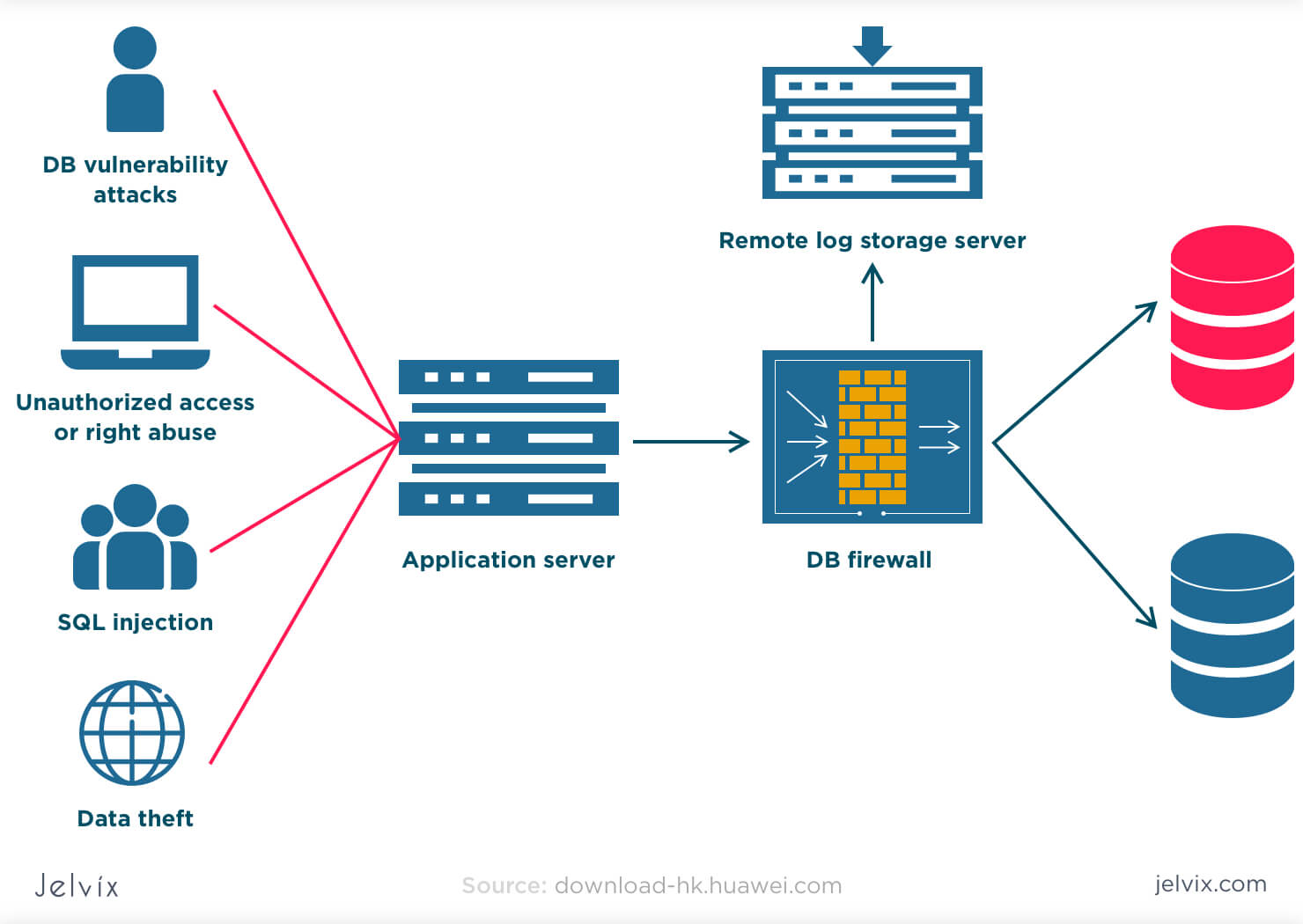Quantum Computing: Unleashing the Power of the Future
In the ever-evolving landscape of technology, there’s one phrase that consistently piques curiosity and excitement: quantum computing. As we advance towards a more digital future, this groundbreaking field is capturing the attention of scientists, researchers, and tech enthusiasts around the globe. But what exactly is quantum computing, and why is it generating so much buzz? In this blog post, we’ll dive deep into the mysteries surrounding this revolutionary technology, unravel its principles, and explore its potential applications.
1. The Basics of Quantum Computing
Quantum computing harnesses the principles of quantum mechanics to process and store information. Unlike classical computers that rely on bits (which can be either 0 or 1), quantum computers utilize qubits, which can exist in multiple states simultaneously through a phenomenon called superposition. This allows quantum computers to process large amounts of information in parallel, potentially solving complex problems more efficiently than classical computers.
2. Quantum Entanglement: The Key to Quantum Computing’s Power
One of the fundamental concepts in quantum computing is entanglement. When two or more qubits become entangled, their states become correlated, regardless of their physical distance from each other. This remarkable phenomenon allows quantum computers to perform computations on a massive scale, enabling the processing power required for advanced simulations, optimization, and cryptography.
3. Shor’s Algorithm: Revolutionizing Cryptography
Quantum computing has the potential to render current encryption methods obsolete. Shor’s algorithm, discovered by mathematician Peter Shor in 1994, demonstrates how a quantum computer could efficiently solve difficult mathematical problems, including factoring large numbers. As encryption relies heavily on the difficulty of factoring large numbers, the development of practical quantum computers could have far-reaching implications for data security.
4. Quantum Machine Learning: Unlocking New Frontiers
Machine learning is a thriving field, and the marriage of quantum computing with machine learning holds immense promise. Quantum machine learning algorithms can leverage the power of quantum computing to process and analyze massive datasets more efficiently. This advancement could accelerate the development of artificial intelligence systems, leading to breakthroughs in various sectors, such as healthcare, finance, and logistics.
5. Quantum Supremacy: The Holy Grail
Quantum supremacy refers to the point at which a quantum computer outperforms the most advanced classical supercomputers in a specific computational task. Achieving this milestone would mark a significant leap forward in the realm of computing capabilities. Google’s Sycamore quantum computer achieved quantum supremacy in 2019 by performing a specialized calculation in just 200 seconds that would have taken the world’s most powerful supercomputers thousands of years. This achievement underscores the potential of quantum computing and highlights the need for continued research and development in this field.
6. Practical Applications of Quantum Computing
While quantum computing is still in its infancy, it offers tremendous potential in various domains. From optimizing complex logistics and supply chains to advancing drug discovery and designing more efficient renewable energy systems, quantum computing has the power to revolutionize industries.
7. Overcoming Challenges and Looking Ahead
Despite its immense potential, quantum computing still faces several challenges, including the need for stable and error-resistant qubits, reliable quantum gates, and improved error-correction methods. Nonetheless, researchers worldwide are dedicated to overcoming these obstacles, and governments and organizations are investing heavily in quantum research. The future of quantum computing looks promising, with new breakthroughs and discoveries on the horizon.
In conclusion, quantum computing presents a paradigm shift in the way we process information, with the potential to solve complex problems that are currently intractable. As we unlock the mysteries of this fascinating field, we venture into a future where the impossible becomes possible. Whether it’s revolutionizing encryption, accelerating artificial intelligence, or optimizing intricate systems, quantum computing will undoubtedly leave an indelible mark on the world as we know it. Hop on the quantum computing train, and be a part of shaping the future.











